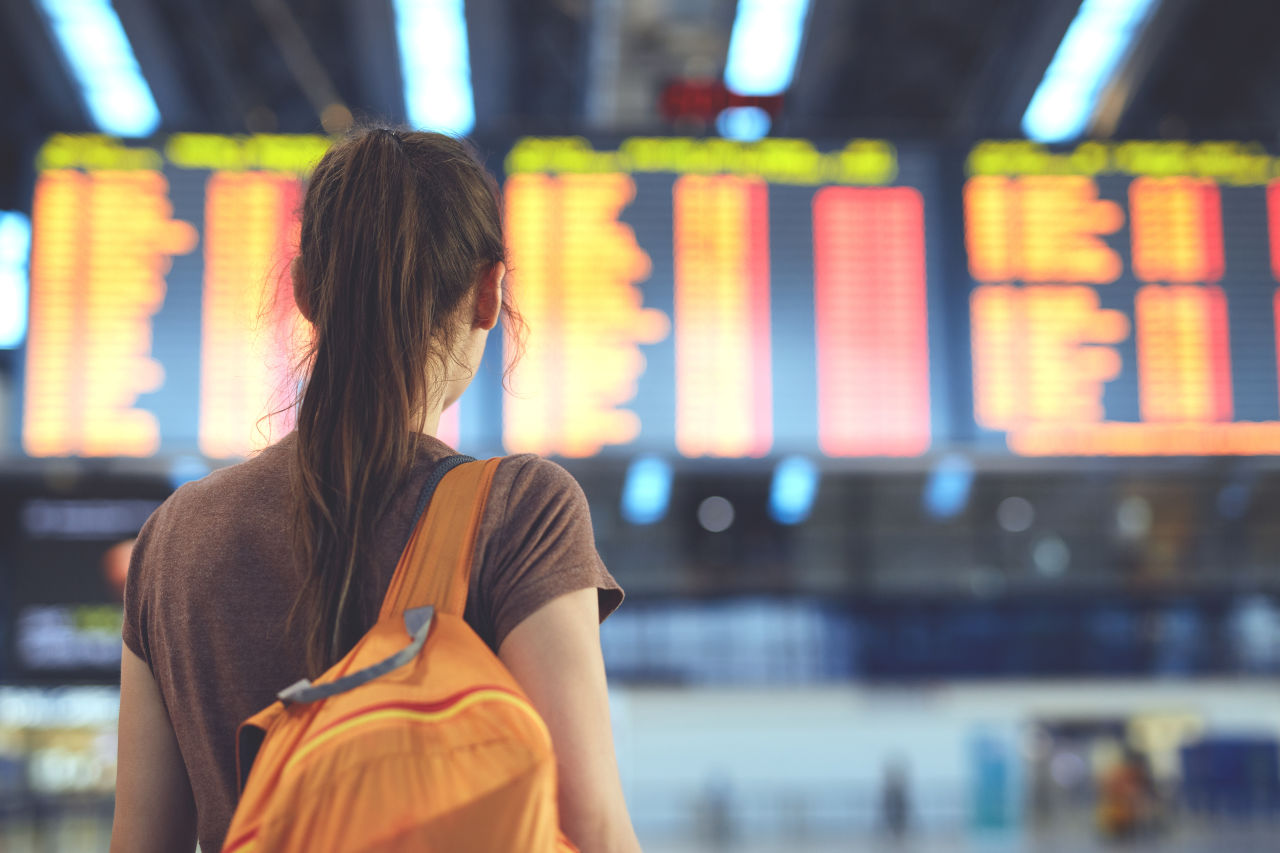FAQ: Flight Delays and the Government Shutdown
Why are flights delayed even when there is no obvious problem?
When air traffic controller staffing falls below safe levels, the FAA slows the number of planes allowed to take off and land. Fewer aircraft are cleared per hour, resulting in delays across multiple airports.
Is flying still safe during the shutdown?
Yes. Air traffic controllers are prioritizing safety by reducing traffic flow. Flights are slower, not less safe.
Can airlines compensate me for delays caused by air traffic control staffing?
No. When delays are caused by air traffic control or FAA staffing, airlines are not legally required to provide compensation because it is considered outside their control.
Can I get a refund if I decide not to fly?
Yes. If your flight is canceled, you are entitled to a full refund to your original payment method, even if the shutdown is the cause.
Do I have to accept rebooking instead of a refund?
No. If your flight is canceled, you can decline the rebooking and request a refund instead.
What does “ATC delay” or “flow control program” mean on my flight status?
It means the FAA is limiting takeoffs and landings due to staffing or airspace capacity. Your plane may be ready, but not cleared to depart yet.
Why do delays at Newark or JFK affect airports in other states?
Major hub airports share airspace. When Newark slows departures or arrivals, flights across the country can be affected because aircraft and crews miss their next scheduled connections.
Is this related to a pilot shortage?
No. This delay issue is linked to a federal air traffic controller shortage and staffing restrictions, not pilots.
How long will the delays last?
Delays are expected to continue until the shutdown ends and staffing returns to normal levels.

